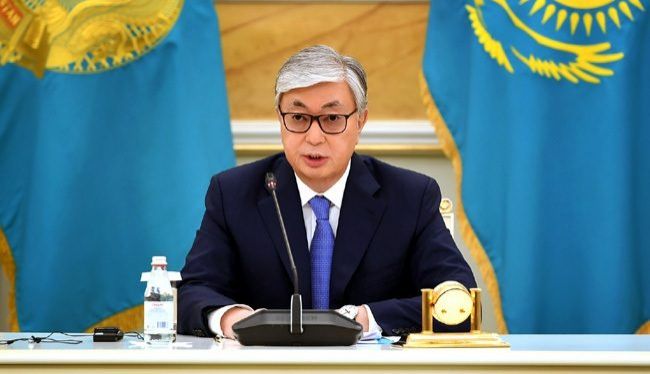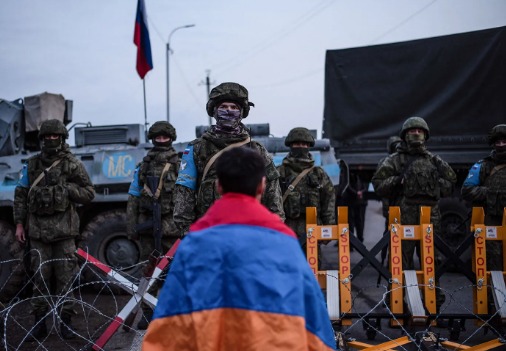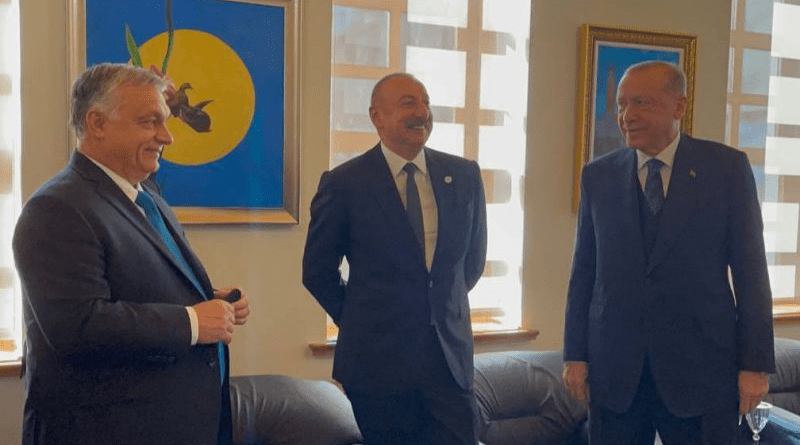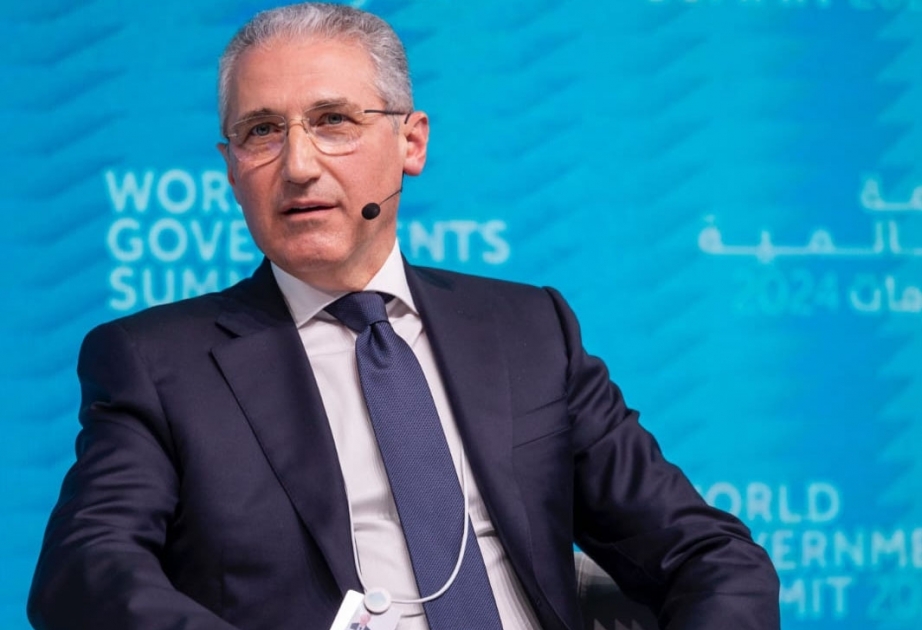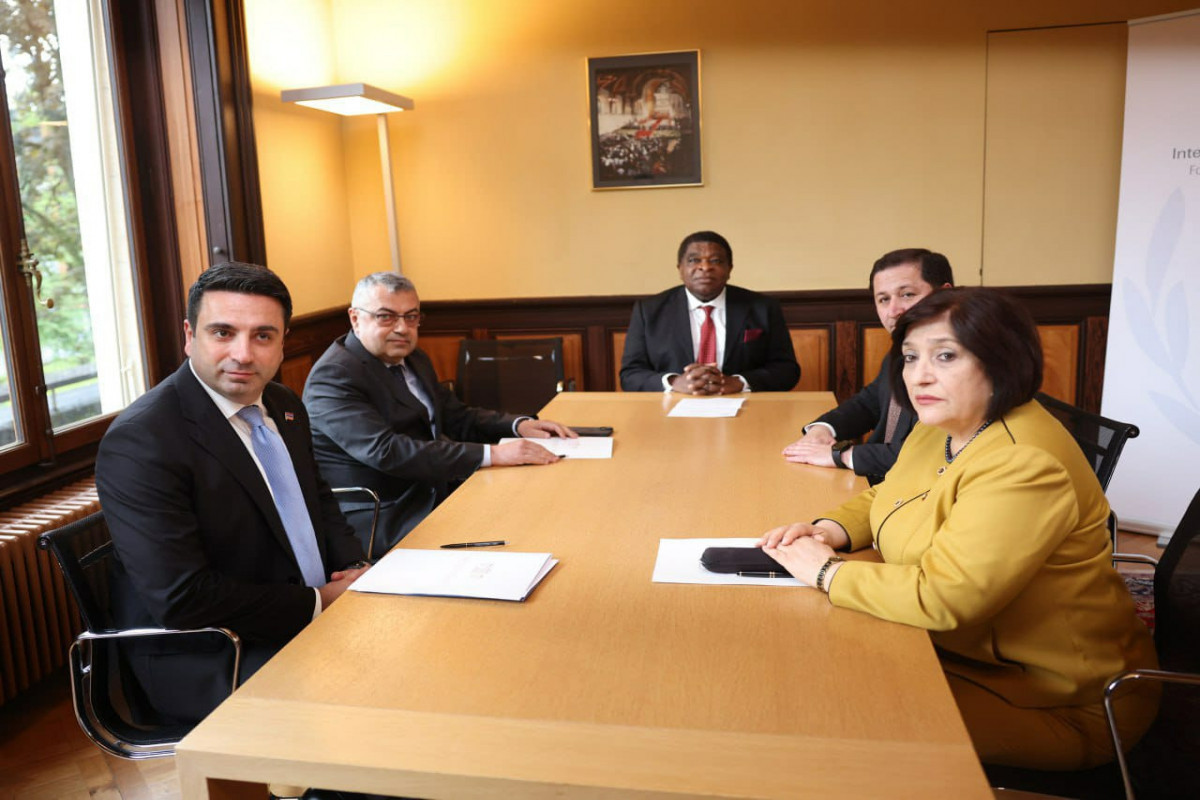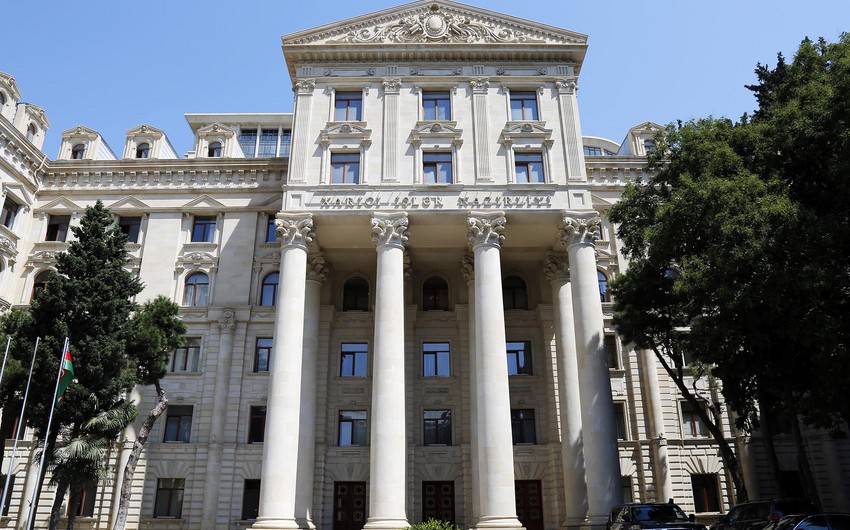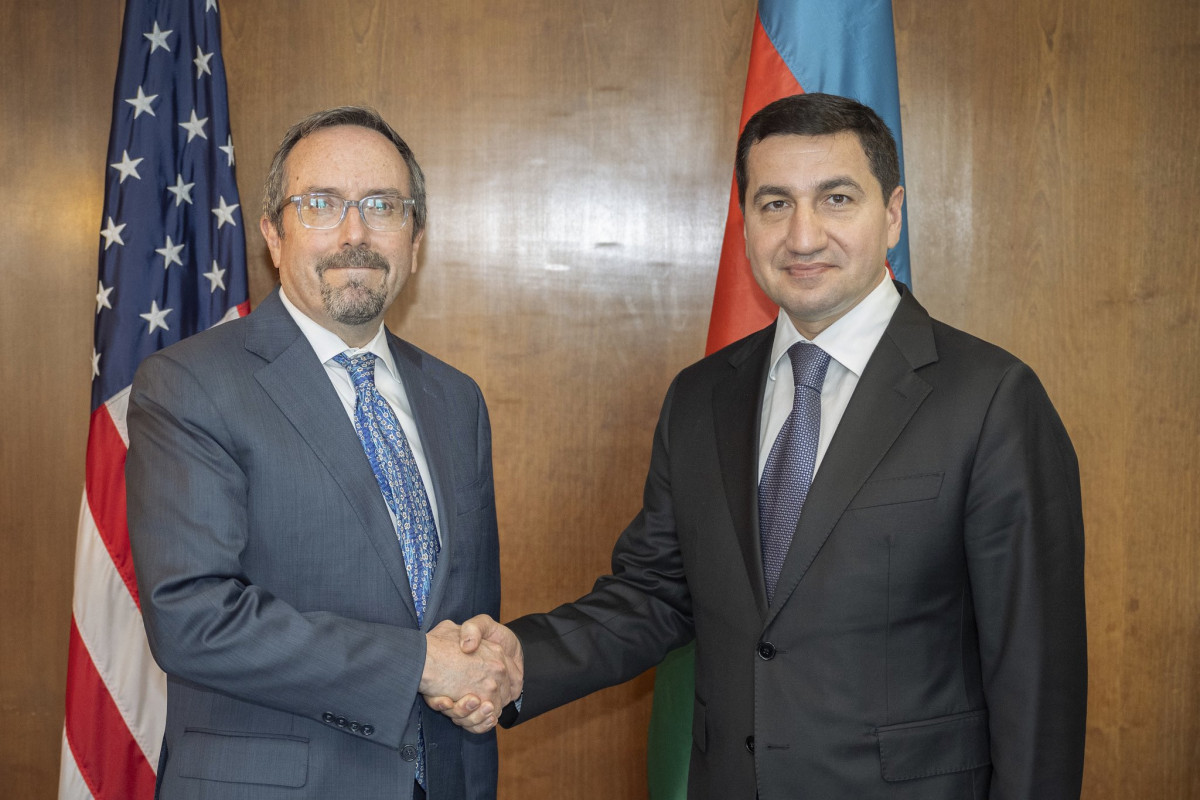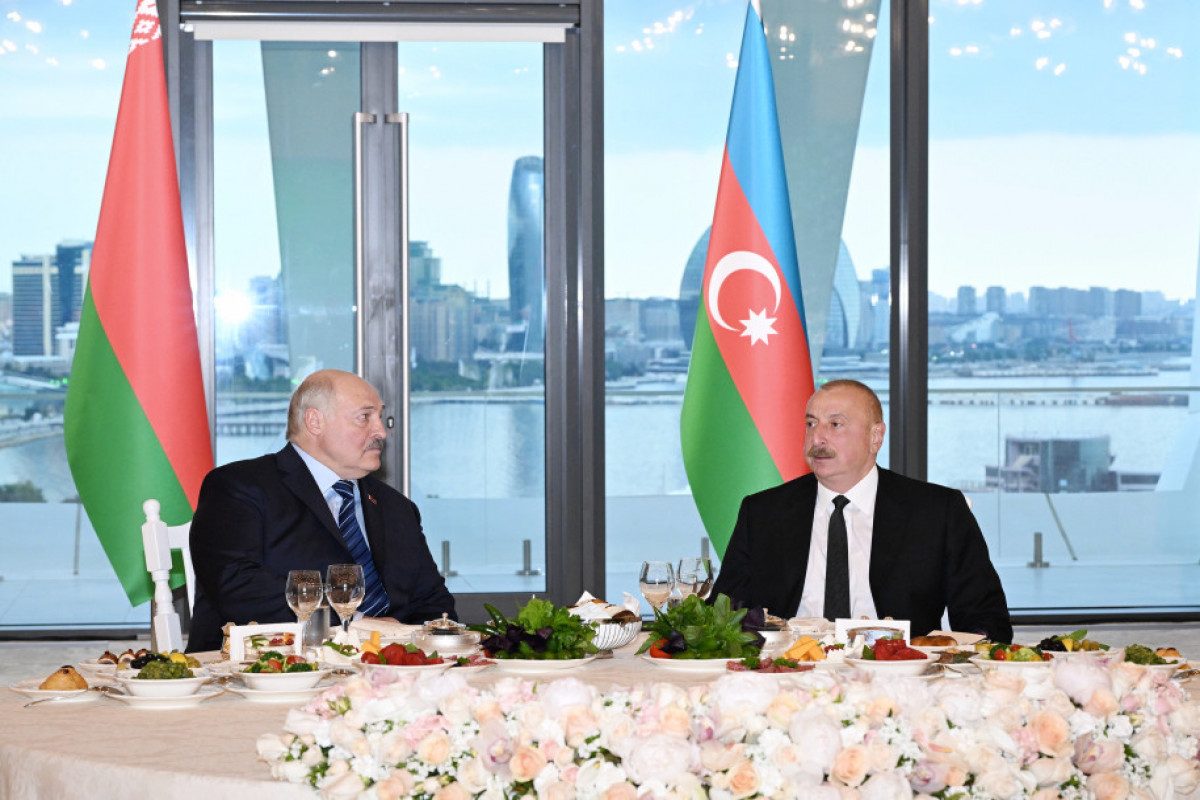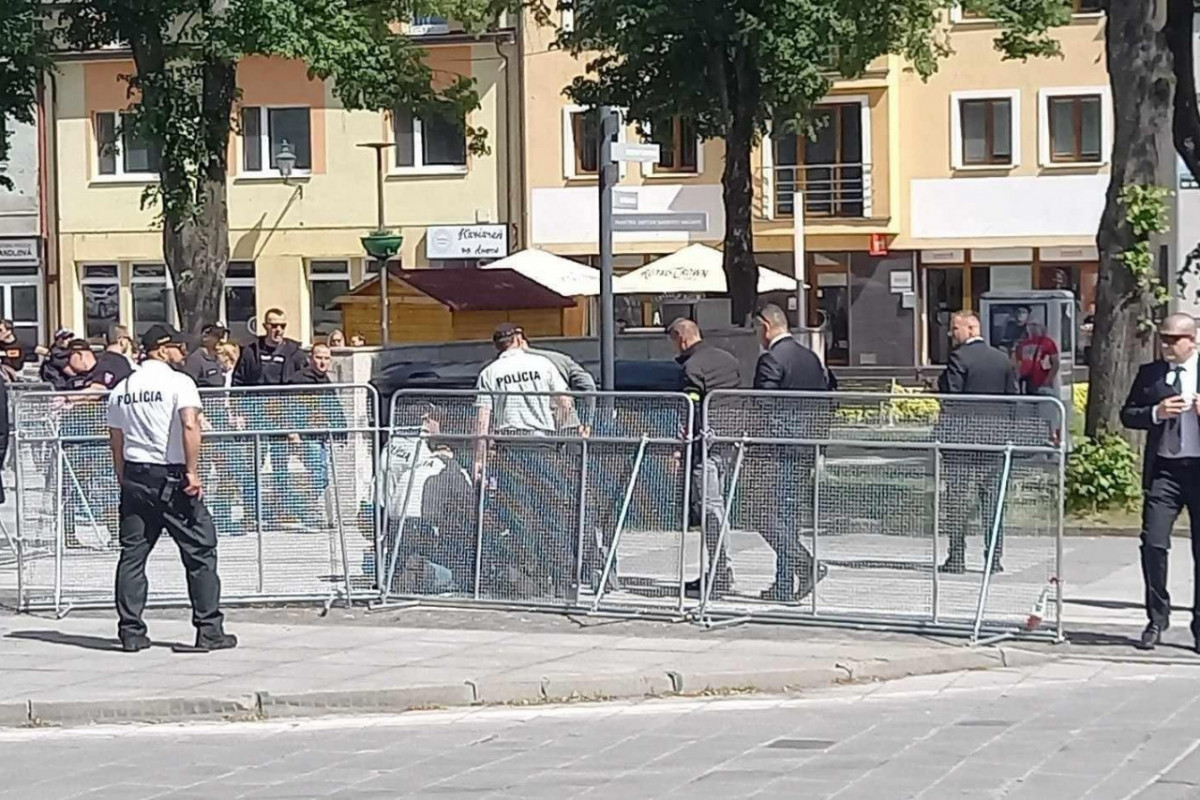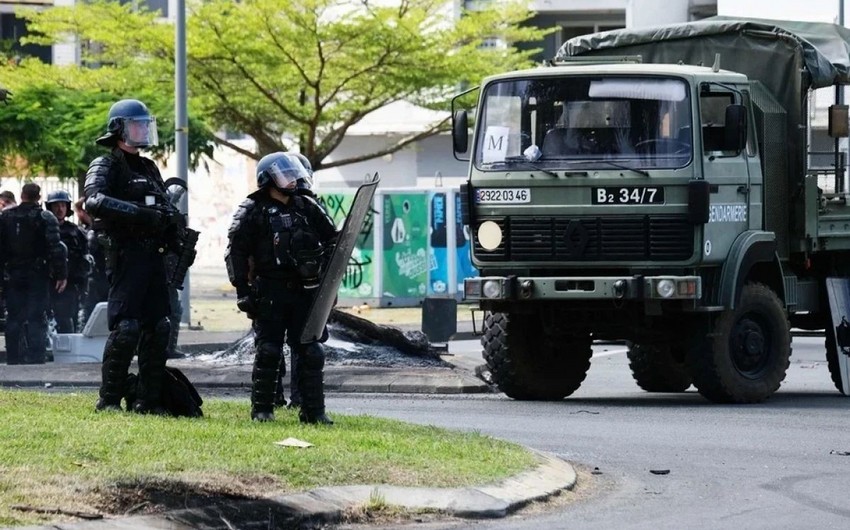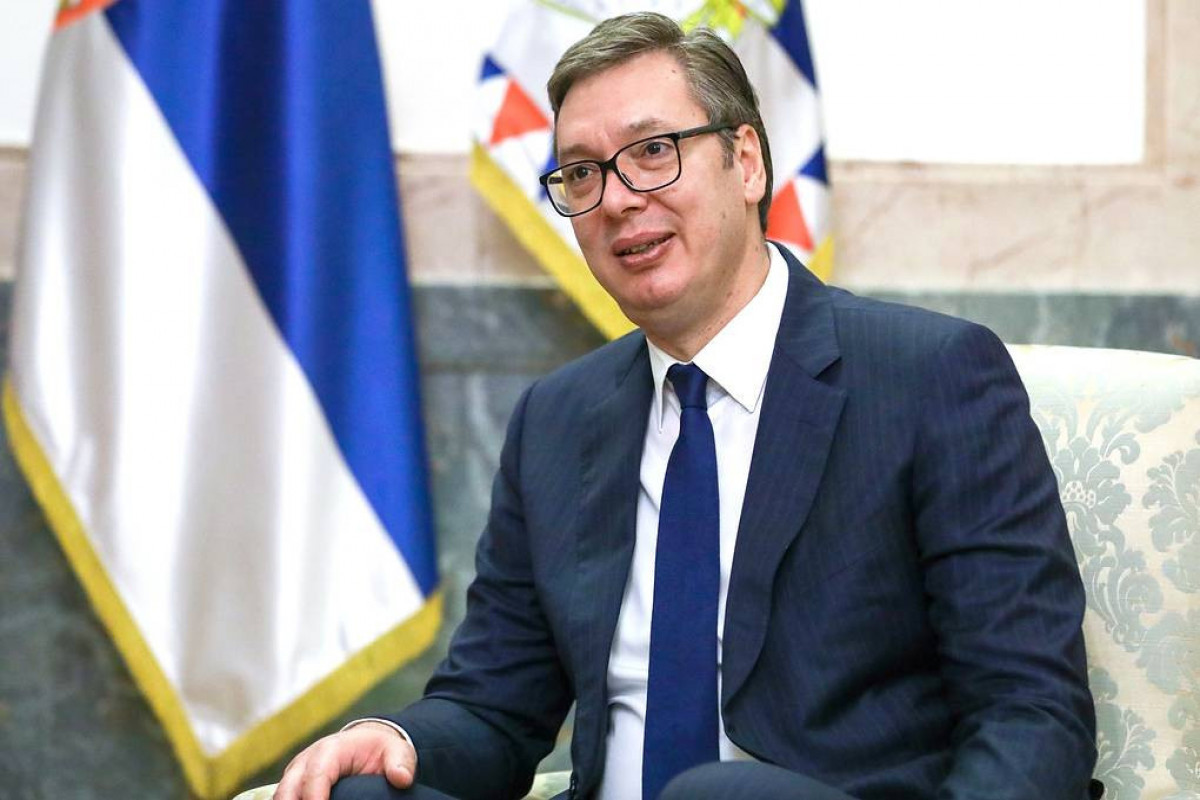Eurasia Diary presents an article titled "Kazakhstan’s Politicization & Democratization and its dividends" pubslished in Pakistan Observer.
Article was written by Dr Mehmood Ul Hasan Khan, expert on regional and geopolitical studies.
Kazakhstan is the “biggest” economy of the Central Asian Region which has also “plentiful” of natural resources. It celebrates 30 years of its independence in 2021. During these years it has successfully “transformed” its macro-economy which is now stable and sustainable with bright prospects.
On March 16, The President of Kazakhstan H.E. Kassym Jomart Tokayev introduced landmark reforms which will build upon and accelerate Kazakhstan’s socio-economic and political modernization.
Right from the beginning, President Tokayev introduced various meaningful political, law, civil, and judicial reforms in the country aimed at modernising the political system and ensuring protection of human rights.
An unprecedented decentralization of state power, enhancing checks and balances, and separation of powers have now been announced and introduced. Moreover, corruption and nepotism will be controlled with iron hands. Thus, spirits of accountability and transparency have been institutionalized.
Now Kazakhstan has entered into new era of politicization and democratization. It is indeed new “Social Contract” to provide and protect socio-economic rights of the people of Kazakhstan. It is of course new “Magna Carta” of the 21st century in which the President of Kazakhstan has freely surrendered his own various presidential discretions. It is undeniably “New Charter of Civil Liberties” which has now secured high pace of politicization and democratization in
Kazakhstan. It is truly a new “Das Kapital” which is people and business friendly and promotes concepts of corporate governance, fair play, equal rights and economic liberalization.
Consequently, key governmental bodies, such as the Office of the President, Parliament, local administrations, as well as the judiciary, and the law enforcement system have been thoroughly reformed and redefined.
In this connection, the political powers have been rebalanced shifting the country from a “super-presidential” to a “normative presidential” model of government. Through numerous new constitutional amendments, Parliament’s authorities have been further strengthened. In this connection, new political parties have been eased, providing for political diversity. A new Constitutional Court has been established increasing the strength and the transparency of the judiciary. Thus it is a giant step towards political diversity, multi-party democracy, and political tolerance in the country.
In this regard, the president of Kazakhstan has voluntarily curtailed the power of his office by reducing the number of presidentially appointed senators from fifteen to ten. Of the ten appointees, half will now be recommended by the Assembly of the People of Kazakhstan, a consultative body that unites the various ethnic groups throughout the country.
Ultimately, constitutional changes will place more power in the hands of akims (governors) of the districts, cities, and rural districts. From now on, they will be totally accountable to the people. Thus, it is a giant step towards political and administrative decentralization which is the true essence of modern and liberalized democracy in the world.
It is bitter reality that growth that is not inclusive is not sustainable. Furthermore, the tremendous wealth accumulated by the oligarchs and their monopolies will be redirected towards the working and middle classes of this country.
Thus it is a paradigm shift from “oligarchy” to “open market” mechanism and social economy where cronies do not have any sway in affairs of the state.
It seems that the government has understood the need to address inequality urgently. As the economy grows, so should livelihoods. The government has been tasked to develop a program to increase wages and reduce poverty.
Due to numerous and constant structural reforms its national economy has been diversified up to optimal levels of productivity, innovation and renewables orientations. Its banking system is the biggest in terms of deposits, finances, operations and mortgaged assets in the whole region. Its financial system is resilient, restructured and remolded up to the requirements of global system and BASEL.
According to latest report of the World Bank (2019-2020) Kazakhstan is the largest economy in Central Asia, accounting for more than half of the region’s GDP. Now Kazakhstan accounts for approximately 70 percent of FDI into
Central Asia. According to Kazakhstan statistical data (2020) around 50 percent of FDI in Kazakhstan
It has stable, and accommodative political system in which opposition has stakes to participate in the decision making process of the government.
From ancient courts of prophecies to modern days of white-house dynamics, human civilization and evolution of rule of law has been maintaining a direct correlation with electoral democracy in which democratic elections are deemed to be “competitive”, “attractive”, “regular”, “transparent”, “fair” and “free”.
Deity of democracy prevails in the largest economy of the Central Asia, Kazakhstan where political pluralism, transparency and doctrine of equal right, protection of basic human rights and change of government has been conditional to “peaceful” fair and free electoral mechanism wherein every vote “counts” and majority determines the fate of rule.
The Republic of Kazakhstan is sitting at the “apex” of true democracy in the central Asian region. Democracy stands for social protection and wellbeing of the general masses and Kazakhstan has been rated first in numerous published reports of the IMF, World Economic Forums, World Banks and Asian Development Bank in terms of poverty reduction, nourishing of human capital, provision of basic necessities of life etc. Democracy upholds economic facilitations and Kazakhstan has been rated among the top world countries for food supplies, employments and social networking.
Let us briefly discuss series of structural reforms of Kazakhstan which have now changed political landscape, composition of economy, orientation of society and basic nature of ethnic identities.
(a) Transforming from super presidential model of governance to the president-parliamentary system or shifting from strong presidency to influential parliament and accountable government.
(b) Rejecting excessive presidential powers which will leads towards further politicization and democratization.
(c) Shunning the future existence and functionality of cronyism in the government, economy, corporate & financial sectors etc.
(d) Formation of multi polar party system having no political hot cake or domination of a single specific party, rise to political competition and creation of equal conditions for the development of political parties.
(e) No more political appointment in all the government institutions i.e. the chairmen and members of the Central Election Commission, the Supreme Audit Chamber, and the Constitutional Court etc.
(f) Rebranding and reformation of Constitution Council into Constitutional Court making it more effective to enforce the provisions of the basic laws. Thus creates genuine concept of social justice in the society.
(g) Formation of the National Congress of the Republic of Kazakhstan which is permanent consultative body instead of National Council of the Public Trust. Thus it has further enhanced political participation of the people at large.
(h) Giant step towards streamlining and systemizing of legislative power. Thus creation of strong, effective and accountable parliament is implemented.
(i) Redefining the role, scope and utility of the Senate, the upper chamber of the parliament. Number of the MPs in the Senate will be increased from 49 to 50. The presidential quota in the Senate will be reduced from 15 to 10 MPs. Moreover, five of them will be recommended by the Assembly of People of Kazakhstan.
(j) Further enhancing of functionality of the parliament. Number of the MPs in the parliament will be decreased from 107 to 98. It should reflect the entire electoral landscape of the country without giving anyone artificial preferences.
Thus, the quota of the Assembly of People of Kazakhstan in the Majilis will be abolished to ensure both political and legal correctness.
(k) Giant step towards good governance and decentralization of powers by reforming and reformatting administrative and territorial system by increasing its units from 17 to 20.
(l) Further strengthening of local bodies with utmost financial and administrative freedom.
(m) Significant improvement in electoral system by switching to a proportional-majoritarian model (more harmonious mixed system, which will fully take into account the rights of all citizens) of elections to the Mäjilis (lower house of Parliament) and Maslihats (local representative bodies). This model would better reflect the interests of voters both at the national and regional levels. The MPs of the Mäjilis will be formed according to the following scheme: 70% on a proportional basis and 30% on a majoritarian basis.
(n) Modernization of electoral process by allowing campaigning in social networks, legal guarantee to the activities of observers, rise to professionalism in election commission functions, provision of single electronic voter database, and limits on donations to election.
(o) Formation of strong multi-party system through simplification of party registration procedures (The registration threshold should be reduced four times from 20,000 to 5,000 people).The minimum number of regional offices will be reduced three times from 600 to 200 people.

